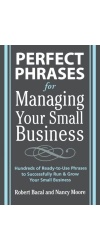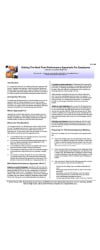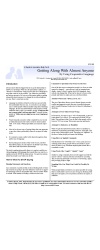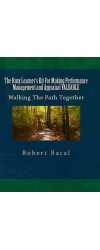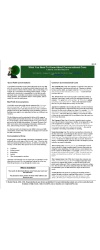All too often emotional and verbal abuse leads to physical violence. Learn to recognise when you are being emotionally or verbally abused. Emotional and verbal abuse leave scars that are far deeper than the scars left by physical abuse. Learn how to stop the emotional abuse cycle. And if you suspect that a child close to you is being emotionally and verbally abused, read the tips on how to encourage the child to confide in you.
Subtle Verbal Abuse Is Just As Damaging
Most of us are good at identifying the “in your face verbal abuse” in our lives. There’s no mistaking outright insults, yelling, swearing and other obvious forms of verbal abuse, but it’s much harder to identify the “death by a thousand insect bites” kind of verbal abuse.
In some ways subtle verbal abuse is actually more damaging than> more obvious forms of it. Why? Because subtle verbal abuse is> something you may experience every day, perhaps dozens of times a day. It works its damage beneath the surface affecting the way you think and feel about yourself and about the people using subtle abuse techniques, sometimes even unintentionally.
Purpose of Identifying Subtle Verbal Abuse
The first step in dealing with any kind of verbal abuse is to recognize its existence. You can’t make decisions about what to do about it unless a) you understand that it is occurring, and b) you are able to identify specific behaviors on the part of other people that are abusive in nature. Also once you are able to identify the specifics of verbal abuse, it’s possible to work with the other person to improve the relationship by dealing with specific relationship behaviors that need to be changed.
What You Need To Know
It is exceedingly important that you understand some vital aspects of subtle verbal abuse. Make sure you read and understand the following before continuing.
Something is verbally abusive if it demeans, or sends a message:
- That the recipient is “less than” what they should be AND is unsolicited.
- Verbal abuse serves the needs of the sender, and ignores the needs of the recipient.
- Subtle verbally abusive speech doesn’t necessarily mean the individual is consciously trying to hurt you. Some people habitually speak using subtle verbal abuse. They may do so because they are tired, upset, angry and don’t know how to phrase things in constructive ways.
- All of us use subtle verbal abuse on occasion. That doesn’t make it acceptable, but it’s important not to over-react.
- Subtle verbal abuse is about hidden manipulation, where your feelings and behaviors are negatively and indirectly influenced. The words used are not themselves abusive, but the message that lies below the surface is.
- Subtle abuse is also used to obscure, or hide the issue under discussion, or create one or more of the following:
- Confusion
- Embarrassment
- Intimidation
- Anxiety
- Other strong negative emotions
- Generally subtle verbal abuse is used to put you off balance so the other person (or you if it’s you using them) can get his or her way or negatively affect how you feel.
